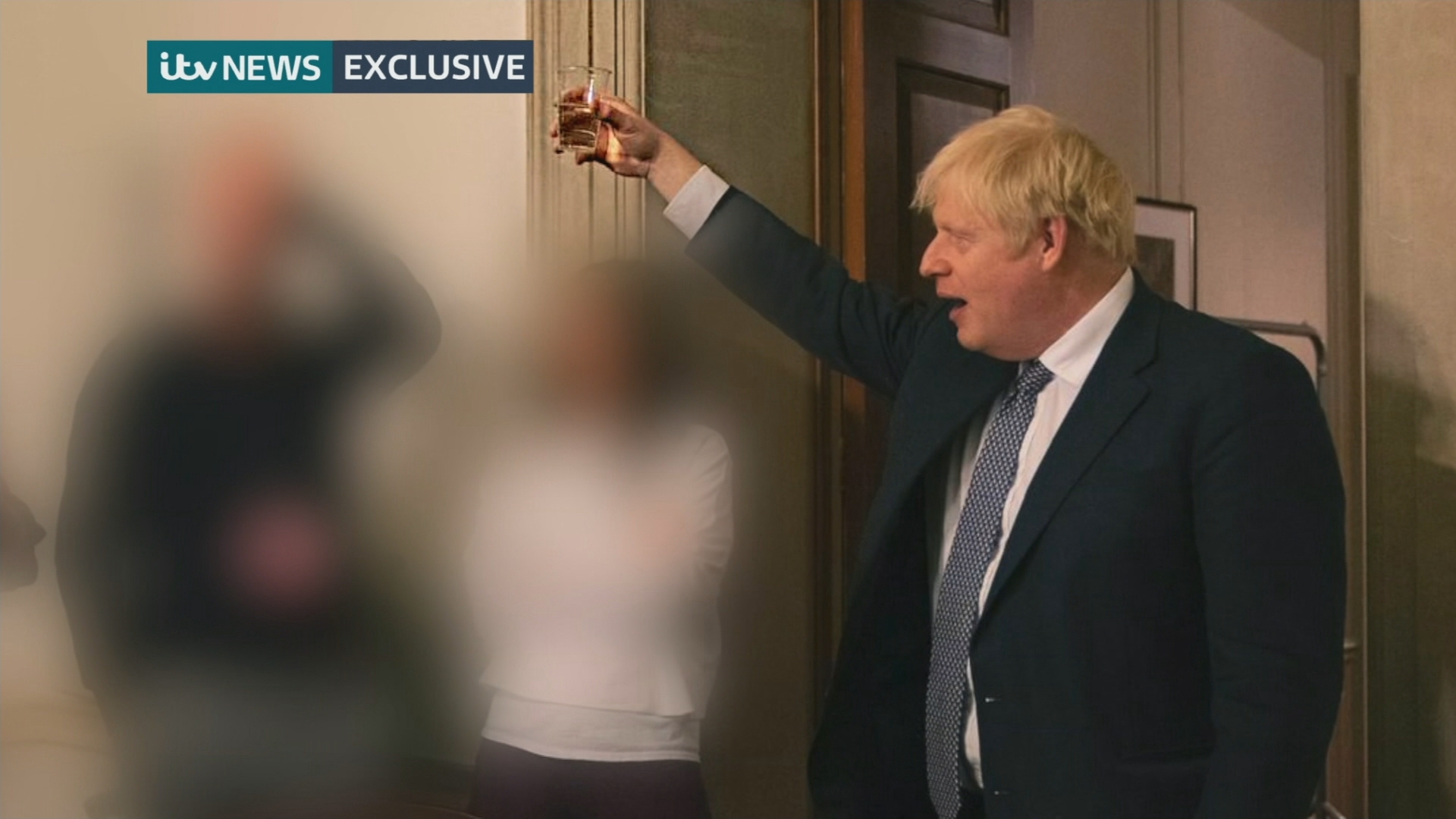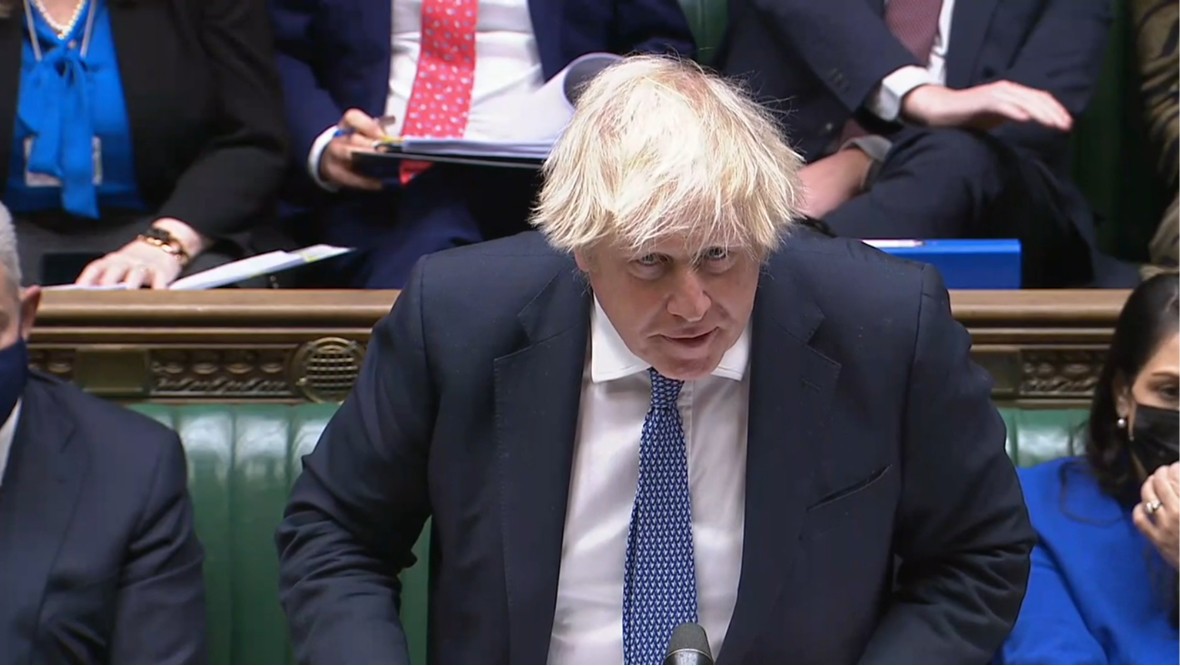Government ministers will no longer be expected to resign if they break the code of conduct under changes brought in by Boris Johnson.
The Prime Minister faces mounting calls to resign over his handling of the Partygate scandal as ethics adviser Lord Geidt said his police fine for attending a gathering during lockdown may constitute a breach.
An update to the code published last week said it is “disproportionate” to expect ministers to be removed for breaches of the code and effectively reduced potential sanctions.
It added that ministers may instead have to make “some form of public apology”, face remedial action or temporary removal of ministerial salary.
Johnson has come under fire for the changes to the code in light of the Sue Gray report. However, ministers said that the decision to update the code was made last year before the inquiry.
What did the ethics adviser say?
An independent adviser on the ministerial code wrote a letter arguing that the PM’s actions amounted to breaking the code and could potentially undermine the system.
Lord Geidt said the fine issued to Boris Johnson for attending a birthday gathering in the Cabinet Room on June 19, 2020 could constitute a breach and added it could be “especially difficult to inspire that trust in the ministerial code if any prime minister, whose code it is, declines to refer to it”.
He also questioned the Prime Minister’s willingness to “take responsibility for his own conduct”.
Lord Geidt’s letter had suggested he’d have resigned if Johnson failed to explain why being issued a fixed penalty notice did not constitute a breach of the code.
 ITV
ITVHow did Boris Johnson respond?
Johnson released a letter yesterday evening responding to Lord Geid and claimed the fine did not breach the code as there was “no intent to break the law”.
The PM told Lord Geidt that he “considered past precedents of ministers who have unwittingly breached regulations where there was no intent to break the law.”
He said: “I have been fully accountable to parliament and the British people and rightly apologised for the mistake.”
He argued that the ministerial code had not been broken because he’d “corrected the parliamentary record in relation to statements and… followed the principles of leadership and accountability in doing so”.
What is the ministerial code?
The ministerial code is a set of rules designed to ensure government ministers uphold standards in public life.
The code outlines the ‘Seven Principles of Public Life’, a set of ethical fvalues which apply to all holders of public office.
Breaches are usually investigated through an independent adviser on ministerial interests or by the Cabinet Secretary. There is no set process but alleged breaches are solely at the Prime Minister’s discretion.
The convention has always been that any breaches of the code should result in resignation. However, the code is not legally binding.
What if Boris Johnson broke the code?
If the code is broken, the convention is for a minister to resign. But Johnson could potentially decide not to resign as he oversees the code as Prime Minister.
Deputy Prime Minister Dominic Raab said in an interview with Times Radio that the Prime Minister did not breach the code as it was unintentional.
He added: “In relation to the single fixed penalty notice, it had been an unintentional breach of the law and inadvertent in the sense that he turned up to the gathering without having realised it would be in breach of the relevant regulations.”
Calls for resignation
Scottish Tory leader Douglas Ross has stated that the Prime Minister should resign if it is ruled he broke the code, with former leader Ruth Davidson urging Tory MPs to oust him in a column written for the Evening Standard.
A total of 28 Conservative backbenchers have publicly called for Johnson to go so far, with more expected to have privately submitted letters.
Letters of no confidence are handed into Sir Graham Brady, chair of the 1922 Committee of Tory backbenchers.
There are 54 MPs needed to force a leadership vote – amounting to 15% of the party.
Follow STV News on WhatsApp
Scan the QR code on your mobile device for all the latest news from around the country


 Parliament TV
Parliament TV

























